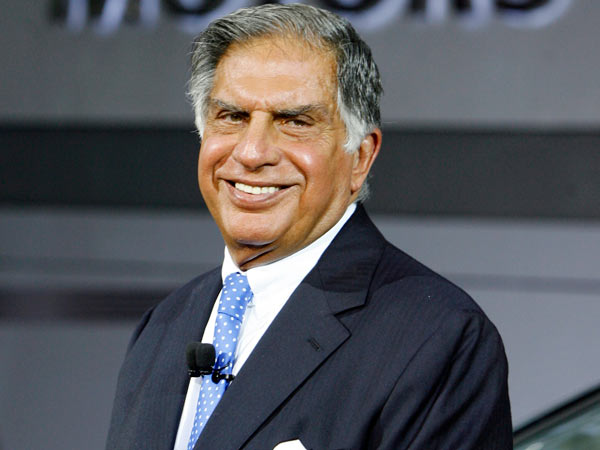In October 2024, the world bid farewell to one of India’s most influential business leaders, Ratan Naval Tata, who passed away at the age of 86. A titan of Indian industry and the chairman emeritus of the Tata Group, his death marked the end of an era, leaving behind an indelible legacy in business, philanthropy, and ethical leadership. Under his leadership, the Tata Group transformed from a domestic conglomerate into a global powerhouse, spanning industries from steel to software, automobiles, and aviation.
Early Life and Entry into Tata Group
Ratan Tata was born into the prestigious Tata family on December 28, 1937, and was raised by his grandmother Lady Navajbai Tata after his parents’ separation. He initially pursued a career in architecture, studying at Cornell University. However, he returned to India at his grandmother’s request, joining the Tata Group as an apprentice. His early career saw him working at Tata Steel’s Jamshedpur plant, where he developed a deep understanding of the group’s industrial operations by working alongside factory workers. This hands-on approach, coupled with a strong work ethic, became a hallmark of his leadership style.
Rise to Leadership
Ratan Tata’s rise to leadership in 1991 came during a period of significant change in India. As the country opened up its economy with liberalization policies, Tata took over the reins of the Tata Group from J.R.D. Tata, navigating the conglomerate through a complex environment of increasing global competition. One of his first key actions as chairman was restructuring the group. Ratan Tata unified a previously decentralized organization, consolidating the leadership structure and ensuring coherence across its numerous enterprises. He famously replaced several senior executives who resisted his vision, signaling his intent to modernize the group and make it globally competitive.
Visionary Business Moves
Under Ratan Tata’s leadership, the Tata Group diversified its operations and made bold international acquisitions. Some of the most iconic deals included the purchase of Tetley Tea for $450 million in 2000, Corus Steel for $13 billion in 2007, and Jaguar Land Rover for $2.3 billion in 2008. These moves solidified Tata’s global presence, particularly in markets like the UK and the US, while also marking a shift in perception of Indian companies on the world stage.
Domestically, Tata spearheaded several landmark initiatives. The Tata Indica, launched in 1998, was India’s first indigenously developed car, and the Tata Nano, introduced in 2008, was the world’s cheapest car, aimed at making vehicle ownership accessible to millions of Indians. Although the Nano project encountered challenges, including protests over land acquisition in Singur, West Bengal, it epitomized Tata’s commitment to innovation and affordable solutions for the Indian market.
Philanthropy and Ethical Leadership
Beyond business, Ratan Tata was deeply committed to philanthropy. A significant portion of Tata Group’s wealth is controlled by various charitable trusts, which fund initiatives in education, healthcare, and rural development across India. Ratan Tata’s personal dedication to giving back was reflected in his own contributions to causes such as rural poverty alleviation, child malnutrition, and education. His philanthropic work earned him numerous accolades, including India’s second-highest civilian award, the Padma Vibhushan, in 2008.
In the face of numerous challenges, Ratan Tata consistently upheld principles of ethical leadership. One of the most publicized challenges during his tenure was the legal battle with Cyrus Mistry, who succeeded him as chairman of Tata Sons in 2012 but was ousted in a boardroom coup in 2016. The fallout led to a protracted legal dispute between Tata and the Mistry family, whose Shapoorji Pallonji Group owns a significant stake in Tata Sons. Despite the controversy, Ratan Tata maintained his reputation for integrity, returning briefly to steer the company through the transition before appointing N. Chandrasekaran as his successor.
Legacy
By the time Ratan Tata stepped down from his role as chairman in 2012, the Tata Group had grown from a $4 billion entity in 1991 to a global conglomerate with revenues exceeding $100 billion. Today, the group’s market capitalization exceeds $165 billion. His legacy, however, extends far beyond numbers. Ratan Tata’s leadership transformed the Tata Group into a modern, global organization while maintaining its historic commitment to social good and ethical governance.
Even after retirement, Ratan Tata remained actively involved in business and innovation, particularly supporting startups and young entrepreneurs. He was a vocal advocate for India’s role in the global economy and believed in the potential of Indian businesses to make an impact on the world stage.

